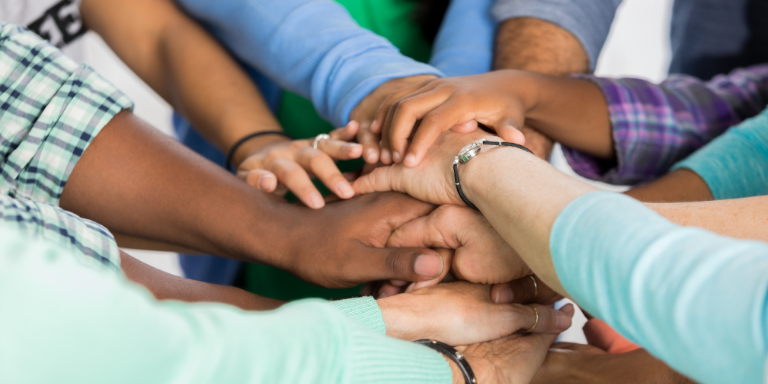Protecting yourself and others from hate crimes

Hate crime or hate incident?
It is important to know the difference between a hate crime and a hate incident.
A hate incident is an action or behavior motivated by hate but legally protected by the First Amendment right to freedom of expression.
Examples of hate incidents include: name-calling, insults, distributing hate material in public places, and displaying hate material on your own property.
The U.S. Constitution allows hate speech as long as it does not interfere with the civil rights of others. If a hate incident starts to threaten a person or property, it may become a hate crime.
A hate crime is a crime against a person, group, or property motivated by the victim’s real or perceived protected social group. The law protects against many classes of hate crimes.
How to spot a hate crime:
Here are signs of a possible hate crime:
- The criminal chose the victim or property because they belonged to a protected group, like a certain religion or gender.
- The criminal made written or verbal comments showing a prejudice.
- The crime happened on a date that is important for the victim’s protected group.
- There is a lot of organized hate activity in the area.
If you are a hate crime victim, you should:
- Contact the local police or sheriff right away!
- Get medical attention (if you need it).
- Write down the exact words that were said.
- Make notes about any other facts so you don’t forget them.
- Save all evidence (e.g., graffiti, egg shells, writing on victim’s vehicle). If safe, wait until law enforcement arrives and takes photos.
- Get the names, addresses, phone numbers, and emails of other victims and witnesses.
- Try to get a description from any eyewitnesses of the criminal or the vehicle.
- Call community organizations in your area that respond to hate crimes.
What you and your community can do:
- Speak out against hate and intolerance.
- Have community rallies to support victims.
- Offer support and help to victims.
- Ask public officials to speak out against hate crimes.
- Establish a hate crime network that includes law enforcement, local government, schools, religious organizations and community organizations. Ask them to respond to hate crimes immediately when they happen and to promote prevention and awareness.
Where to find help:
More Information at California Attorney General’s Office
Sergeant Zach Fay North District Office 22701 Main Street Hayward, CA 94541 (510) 293-7114 |


